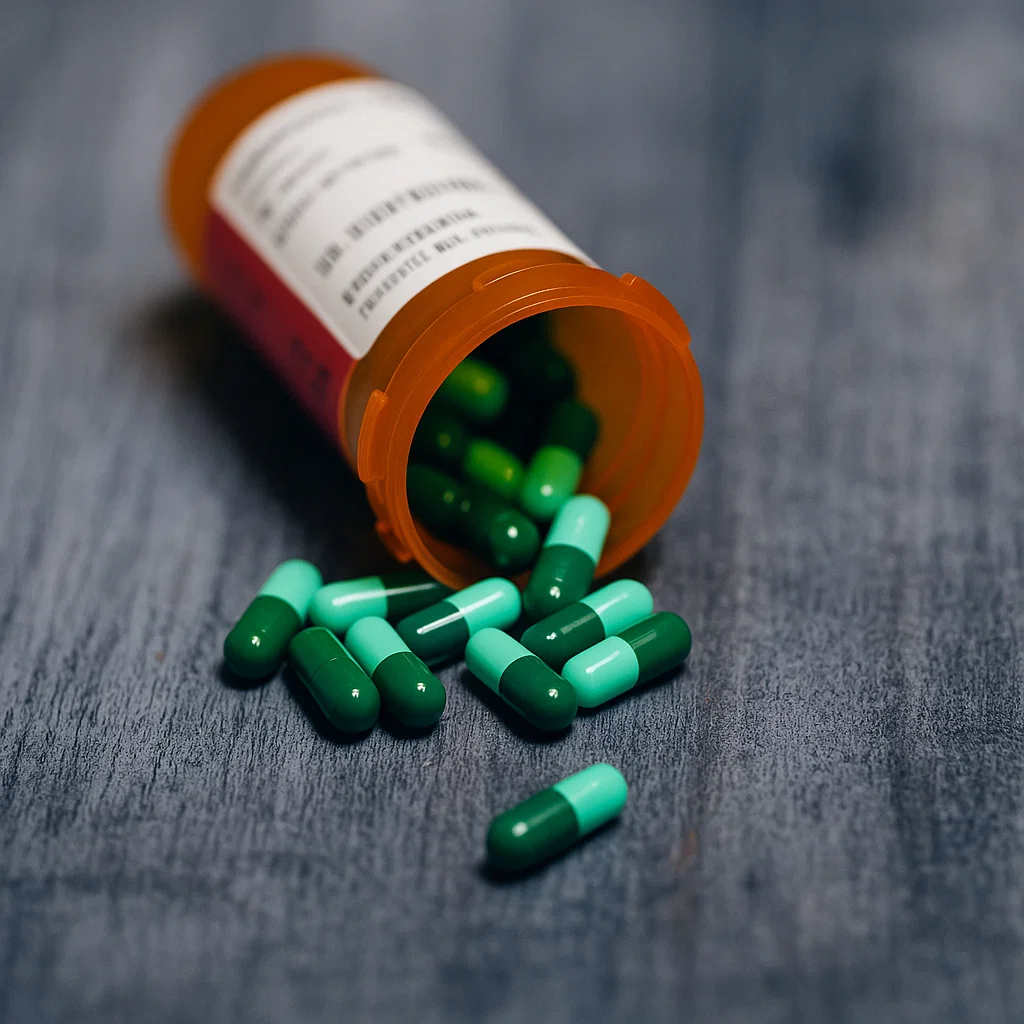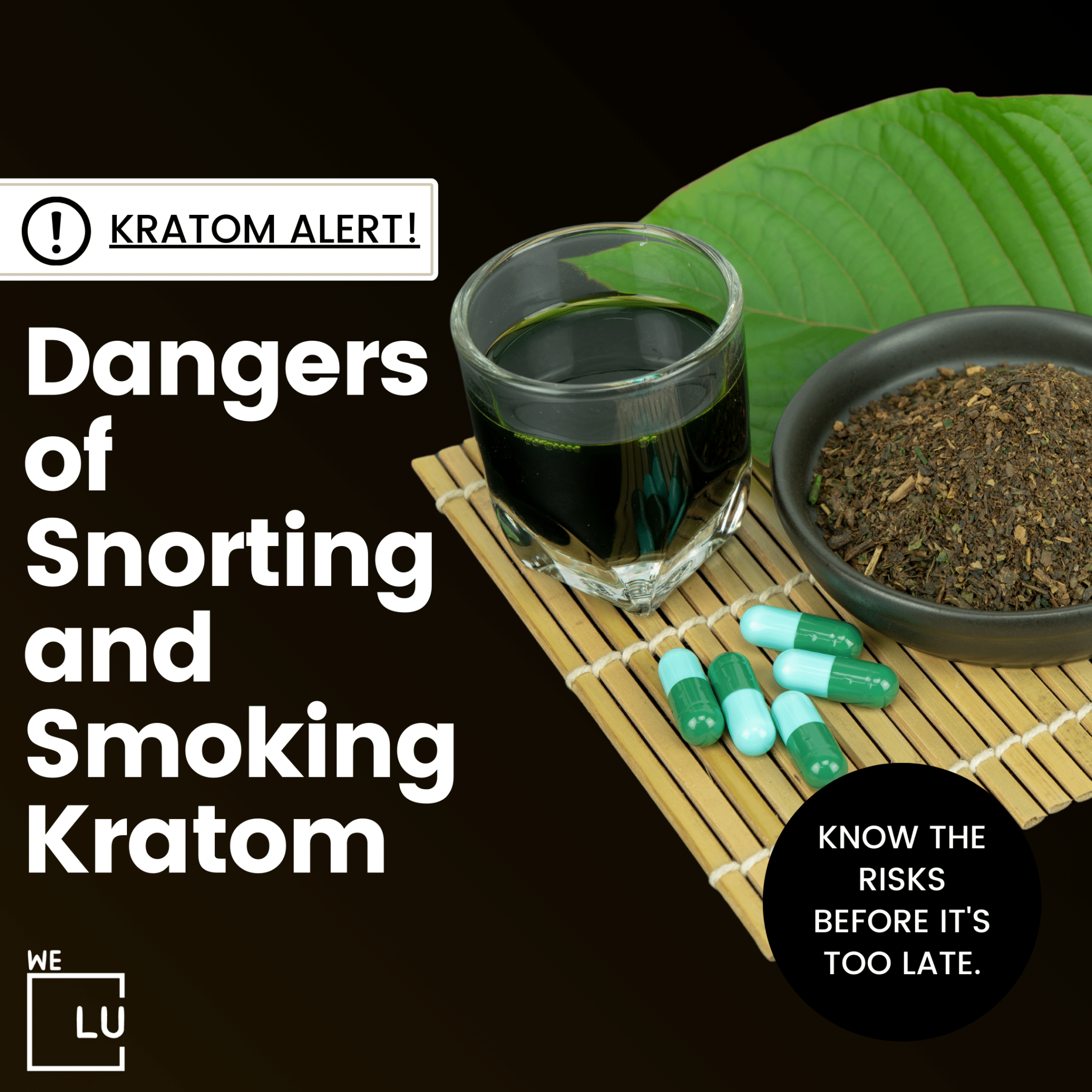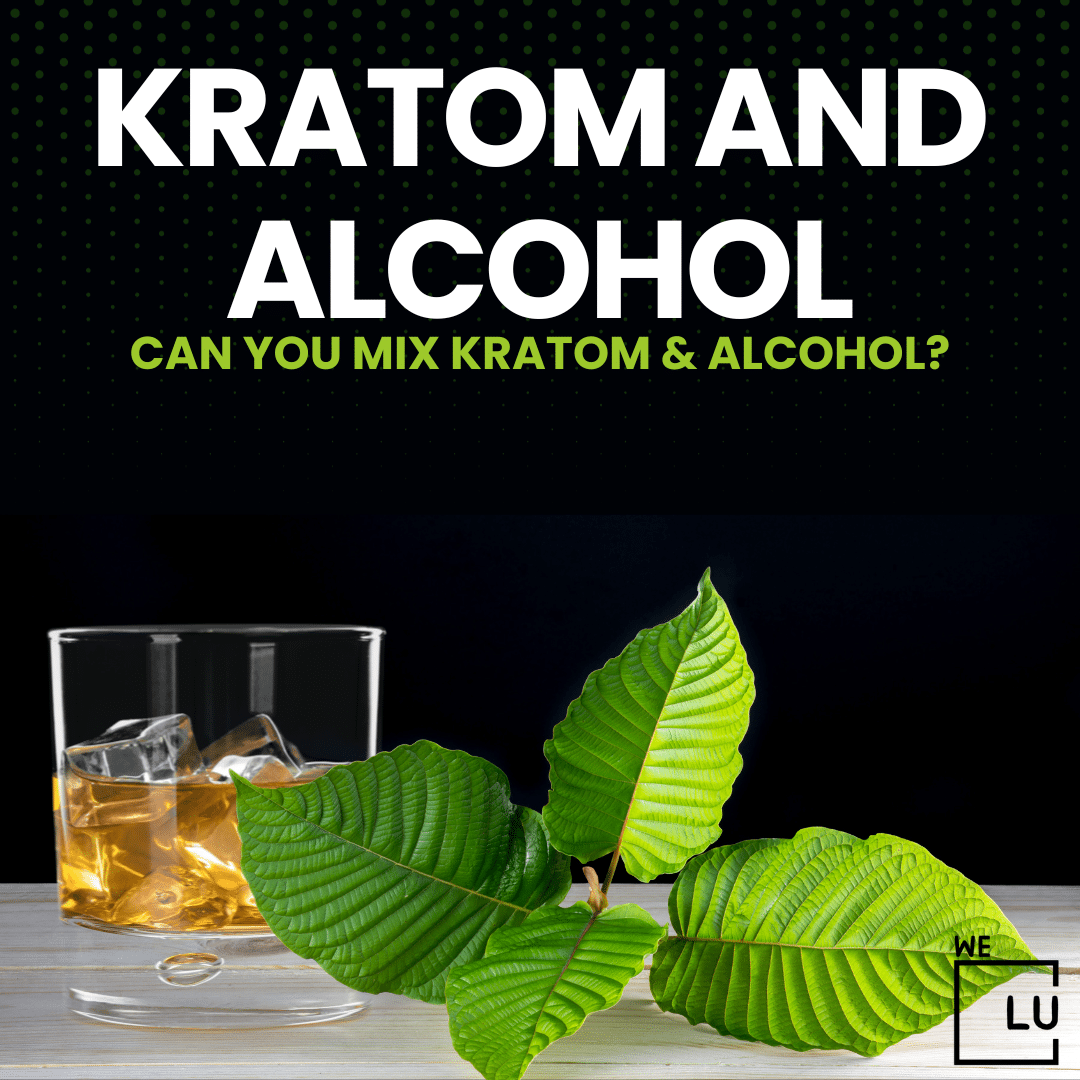Can you snort Vyvanse? Vyvanse, a prescription medication containing lisdexamfetamine, is commonly prescribed to manage attention deficit hyperactivity disorder (ADHD) and binge eating disorders. Unfortunately, some individuals are seeking a quick and intense high resort to the dangerous practice of snorting Vyvanse. This misuse poses significant health risks, including an increased likelihood of overdose, cardiovascular complications, respiratory issues, and unpredictable psychological effects. Snorting Vyvanse not only deviates from its intended oral use but also exposes individuals to potential harm, both physically and mentally.
If you or someone you know is grappling with Vyvanse misuse and addiction, do not be afraid to seek professional help. Call We Level Up CA for assistance and support in navigating the challenges of Vyvanse addiction. Let’s embark on the path towards recovery and well-being together.
What Is Vyvanse?
Vyvanse is a prescription medication that contains lisdexamfetamine, a central nervous system stimulant. It is primarily used in the treatment of attention deficit hyperactivity disorder (ADHD) and binge eating disorder.
Lisdexamfetamine is unique in that it is a prodrug, meaning it is inactive until metabolized in the body, where it is converted into dextroamphetamine. This conversion process provides a smoother and longer-lasting release of the active drug, reducing the potential for abuse. Vyvanse works by increasing the levels of certain neurotransmitters, such as dopamine and norepinephrine, in the brain, which helps improve attention, focus, and impulse control in individuals with ADHD.
Take Vyvanse as a healthcare professional prescribes and be aware of potential side effects, including insomnia, loss of appetite, and increased heart rate. Regular medical supervision is crucial to monitor the medication’s effectiveness and manage adverse reactions.
What Is Vyvanse Used For?
Vyvanse is primarily used for the treatment of attention deficit hyperactivity disorder (ADHD) and binge eating disorder. It contains the active ingredient lisdexamfetamine, a central nervous system stimulant.
- Attention Deficit Hyperactivity Disorder (ADHD): Vyvanse is prescribed to manage symptoms of ADHD in both children and adults. ADHD is a neurodevelopmental disorder characterized by persistent patterns of inattention, hyperactivity, and impulsivity. Vyvanse helps improve attention, focus, and impulse control by increasing neurotransmitters such as dopamine and norepinephrine in the brain.
- Binge Eating Disorder (BED): Vyvanse is also approved for the treatment of moderate to severe binge eating disorders in adults. Binge eating disorder involves recurring episodes of consuming large quantities of food in a short period, accompanied by a lack of control over eating behavior. Vyvanse may help reduce the frequency of binge-eating episodes.
Can You Snort Vyvanse?
Snorting Vyvanse or any other medication is not a recommended or safe practice. When a drug is snorted, it bypasses the normal digestive and metabolic processes, entering the bloodstream more rapidly. This can lead to unpredictable and potentially harmful effects, including an increased risk of overdose, cardiovascular issues, and other adverse reactions.
Why Would Someone Snort Vyvanse?
While Vyvanse is intended to be taken orally, some individuals may misuse or abuse the medication by snorting it for various reasons. It’s important to note that this is not a recommended or safe practice. The reasons someone might snort Vyvanse or any other stimulant medication could include:
- Seeking a Faster Onset of Effects: Snorting a substance can lead to a more rapid onset of effects than oral ingestion. Some individuals may seek quicker “high” or increased stimulation.
- Intensifying Effects: Snorting a substance can sometimes boost the subjective effects, although it may also increase the risk of adverse reactions.
- Misguided Beliefs: Some may believe snorting a medication enhances its therapeutic effects. However, snorting Vyvanse is not only unsafe but may also lead to unpredictable and potentially harmful outcomes.
- Drug Abuse or Dependence: Individuals struggling with substance abuse or dependence may resort to different methods of administration to achieve the desired effect.
The misuse of prescription medications, including snorting Vyvanse, can have serious health consequences. Vyvanse is a prescription medication; a healthcare professional’s recommendations should guide its use.

Skip To:
Learn More:
- Vyvanse Side Effects. What You Should Know About Vyvanse.
- Vyvanse Detox, Specifics, Withdrawal Symptoms, Timeline, Medications, Dangers & Treatment
- How long do amphetamines stay in your system? Peak Levels, Half-Life, Factors of Influence, Amphetamine Addiction, Withdrawal & Treatment
- Amphetamine withdrawal, Abuse, Symptoms, Medical Detox & Treatment for Addiction
- Amphetamine addiction, Types, Abuse, Signs, Dangers, Side Effects & Treatment Options
- Amphetamine psychosis, Symptoms, Withdrawal Psychosis, Signs of Addiction & Treatment
- Amphetamine effects, Types, Addiction, Effects on the Brain, Harmful Effects & Treatment Options
- Amphetamine vs Methamphetamine, Main Differences, Stimulants Specifics, Deadly Potential & Treatment Options

Get Your Life Back
Find Hope & Recovery. Get Safe Comfortable Detox, Addiction Rehab & Dual Diagnosis High-Quality Care.
Hotline (855) 695-1160The Dangers Of Snorting Vyvanse
Snorting Vyvanse or any other medication can pose serious health risks and is not a recommended or safe practice. Vyvanse is designed to be taken orally, and snorting it bypasses the intended route of administration, leading to a range of potential dangers, including:

- Increased Risk of Overdose: Snorting Vyvanse can deliver a higher and more concentrated dose of the drug into the bloodstream, increasing the risk of overdose. Overdose symptoms may include restlessness, tremors, rapid breathing, confusion, aggression, hallucinations, panic, and more severe complications.
- Cardiovascular Issues: Stimulant medications like Vyvanse can affect the cardiovascular system. Snorting can lead to a more rapid and intense impact on the heart, potentially causing increased heart rate, elevated blood pressure, and other cardiovascular complications.
- Respiratory Issues: Snorting substances can irritate and damage the nasal passages and respiratory system. This can lead to respiratory problems, infections, and other issues.
- Unpredictable Effects: The rapid absorption of Vyvanse through snorting can result in unexpected and potentially dangerous effects, including psychological symptoms such as agitation, anxiety, and even psychosis.
- Addiction and Dependence: Misusing stimulant medications increases the risk of developing tolerance, dependence, and addiction. This can lead to a cycle of escalating use, withdrawal symptoms, and an increased risk of substance use disorders.
- General Health Risks: Snorting substances introduces foreign particles and contaminants into the nasal passages, increasing the risk of infections, irritation, and damage to the respiratory system.
Use prescription medications only as a healthcare professional directs. If someone is struggling with ADHD or another condition for which Vyvanse is prescribed, seek guidance from a healthcare provider. Misuse of prescription medications can have severe consequences on physical and mental health. If you or someone you know is facing substance abuse or addiction issues, it’s essential to seek professional help and support.
Get Help. Get Better. Get Your Life Back.
Searching for an Accredited Drug and Alcohol Rehab Centers in Near You?
Even if you have failed previously and relapsed, or are in the middle of a difficult crisis, we stand ready to support you. Our trusted behavioral health specialists will not give up on you. When you feel ready or just want someone to speak to about therapy alternatives to change your life call us. Even if we cannot assist you, we will lead you to wherever you can get support. There is no obligation. Call our hotline today.
FREE Addiction Hotline – Call 24/7Can You Overdose From Snorting Vyvanse?
It is possible to overdose from snorting Vyvanse. When used as prescribed, it is taken orally. However, when someone snorts Vyvanse, they are bypassing the intended method of administration, which can lead to a more rapid and concentrated delivery of the drug into the bloodstream.
An overdose occurs when someone takes more of a substance than the body can safely handle. Symptoms of a Vyvanse overdose can include:
- Restlessness.
- Tremors or shaking.
- Rapid breathing.
- Increased heart rate.
- Elevated blood pressure.
- Confusion.
- Aggression.
- Hallucinations.
- Panic.
- Seizures.
In severe cases, a Vyvanse overdose can lead to life-threatening complications, including cardiovascular issues and organ failure.

Comfortable Facilities & Amenities
High-Quality Addiction & Mental Health Rehabilitation Treatment
Rehab Centers TourRenowned California Addiction Center. Serene Private Facilities. Inpatient rehab programs vary.
Addiction Helpline (855) 695-1160Proven recovery success experience, backed by a Team w/ History of:
15+
Years of Unified Experience
100s
5-Star Reviews Across Our Centers
10K
Recovery Success Stories Across Our Network
- Low Patient to Therapist Ratio
- Onsite Medical Detox Center
- Comprehensive Dual-Diagnosis Treatment
- Complimentary Family & Alumni Programs
- Coaching, Recovery & Personal Development Events

The Signs Of Vyvanse Addiction
Signs of Vyvanse addiction may include:
- Increased Tolerance: Over time, individuals may need higher doses of Vyvanse to achieve the desired effects, indicating tolerance development.
- Compulsive Drug Use: A person struggling with Vyvanse addiction may find it challenging to control or stop their use, even if they experience negative consequences.
- Withdrawal Symptoms: When not using Vyvanse, individuals may experience withdrawal symptoms such as fatigue, depression, irritability, and changes in appetite.
- Neglect of Responsibilities: Addiction can lead to neglect of important responsibilities at work, school, or home, as the individual may prioritize obtaining and using the drug.
- Changes in Behavior: Vyvanse addiction can result in changes in behavior, including increased secrecy, social withdrawal, or engaging in risky activities to obtain the drug.
- Continued Use Despite Consequences: Despite experiencing negative consequences, individuals with a Vyvanse addiction may continue to use the drug.
- Loss of Interest in Other Activities: As addiction takes hold, individuals may lose interest in activities they once enjoyed, focusing primarily on obtaining and using Vyvanse.
- Financial Strain: Addiction can lead to financial strain as individuals may spend a significant amount of money to obtain Vyvanse or engage in risky behaviors to fund their addiction.
- Physical and Mental Health Issues: Prolonged Vyvanse abuse can lead to physical health issues such as cardiovascular problems, insomnia, and anxiety or exacerbate pre-existing mental health conditions.
- Failed Attempts to Quit: Despite recognizing the negative impact of Vyvanse use, individuals may find it challenging to quit, leading to failed attempts at stopping or reducing use.
World-class, Accredited, 5-Star Reviewed, Effective Addiction & Mental Health Programs. Complete Behavioral Health Inpatient Rehab, Detox plus Co-occuring Disorders Therapy.
CALL (855) 695-1160End the Addiction Pain. End the Emotional Rollercoaster. Get Your Life Back. Start Drug, Alcohol & Dual Diagnosis Mental Health Treatment Now. Get Free No-obligation Guidance by Substance Abuse Specialists Who Understand Addiction & Mental Health Recovery & Know How to Help.
“Denial is a huge part of the disease of addiction.” Examples of Denial In Addiction/Substance Abuse
Experience Transformative Recovery at the We Level Up California Treatment Center.
See our authentic success stories. Get inspired. Get the help you deserve.



Start a New Life
Begin with a free call to an addiction & behavioral health treatment advisor. Learn more about our dual-diagnosis programs. The We Level Up treatment center network delivers recovery programs that vary by each treatment facility. Call to learn more.
- Personalized Care
- Caring Accountable Staff
- World-class Amenities
- Licensed & Accredited
- Renowned w/ 100s 5-Star Reviews
We’ll Call You
Search We Level Up CA Snorting Vyvanse, Drug & Alcohol Rehab / Detox & Mental Health Topics & Resources
Sources
- Medline Plus – Lisdexamfetamne (Vyvanse) – https://medlineplus.gov/druginfo/meds/a607047.html
- Goodman DW. Lisdexamfetamine dimesylate (vyvanse), a prodrug stimulant for attention-deficit/hyperactivity disorder. P T. 2010 May;35(5):273-87. PMID: 20514273; PMCID: PMC2873712. https://www.ncbi.nlm.nih.gov/pmc/articles/PMC2873712/
- Najib J, Wimer D, Zeng J, Lam KW, Romanyak N, Paige Morgan E, Thadavila A. Review of Lisdexamfetamine Dimesylate in Adults With Attention-Deficit/Hyperactivity Disorder. J Cent Nerv Syst Dis. 2017 Aug 23;9:1179573517728090. doi: 10.1177/1179573517728090. PMID: 28855799; PMCID: PMC5571766. https://pubmed.ncbi.nlm.nih.gov/28855799/
- Najib J, Didenko E, Meleshkina D, Yusupov K, Maw K, Ramnarain J, Tabassum M. Review of lisdexamfetamine dimesylate in children and adolescents with attention deficit/hyperactivity disorder. Curr Med Res Opin. 2020 Oct;36(10):1717-1735. doi: 10.1080/03007995.2020.1815002. Epub 2020 Sep 11. PMID: 32845786. https://pubmed.ncbi.nlm.nih.gov/32845786/
- National Institute Of Health – Vyvanse Medication Guide – https://dailymed.nlm.nih.gov/dailymed/medguide.cfm?setid=704e4378-ca83-445c-8b45-3cfa51c1ecad
- Najib J. The efficacy and safety profile of lisdexamfetamine dimesylate, a prodrug of d-amphetamine, for the treatment of attention-deficit/hyperactivity disorder in children and adults. Clin Ther. 2009 Jan;31(1):142-76. doi: 10.1016/j.clinthera.2009.01.015. PMID: 19243715. https://pubmed.ncbi.nlm.nih.gov/19243715/
- Blick SK, Keating GM. Lisdexamfetamine. Paediatr Drugs. 2007;9(2):129-35; discussion 136-8. doi: 10.2165/00148581-200709020-00007. PMID: 17407369. https://pubmed.ncbi.nlm.nih.gov/17407369/
- Mattingly G. Lisdexamfetamine dimesylate: a prodrug stimulant for the treatment of ADHD in children and adults. CNS Spectr. 2010 May;15(5):315-25. doi: 10.1017/s1092852900027541. PMID: 20448522. https://pubmed.ncbi.nlm.nih.gov/20448522/
- Boellner SW, Stark JG, Krishnan S, Zhang Y. Pharmacokinetics of lisdexamfetamine dimesylate and its active metabolite, d-amphetamine, with increasing oral doses of lisdexamfetamine dimesylate in children with attention-deficit/hyperactivity disorder: a single-dose, randomized, open-label, crossover study. Clin Ther. 2010 Feb;32(2):252-64. doi: 10.1016/j.clinthera.2010.02.011. PMID: 20206783. https://pubmed.ncbi.nlm.nih.gov/20206783/
- Ermer JC, Haffey MB, Doll WJ, Martin P, Sandefer EP, Dennis K, Corcoran M, Trespidi L, Page RC. Pharmacokinetics of lisdexamfetamine dimesylate after targeted gastrointestinal release or oral administration in healthy adults. Drug Metab Dispos. 2012 Feb;40(2):290-7. doi: 10.1124/dmd.111.040691. Epub 2011 Oct 28. PMID: 22039171. https://pubmed.ncbi.nlm.nih.gov/22039171/




